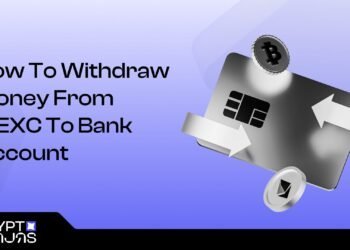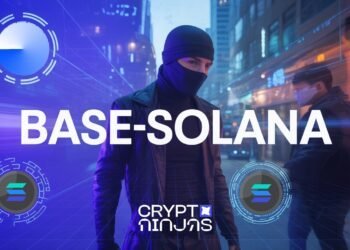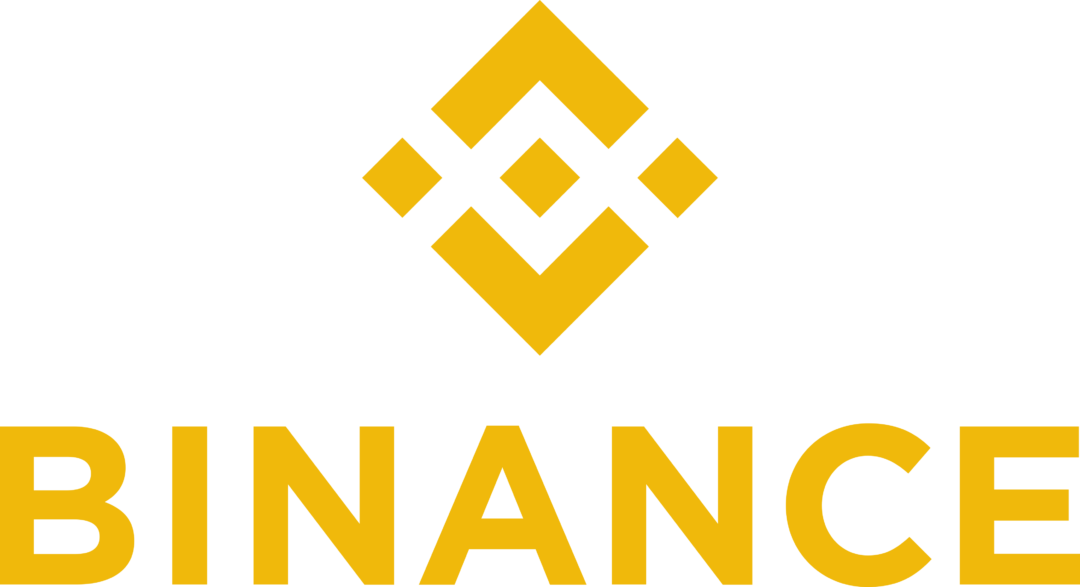Chainalysis recently released new message on Web3, which discusses the level of decentralization in DAO.
You might be interested in: WHERE TO BUY BITCOIN AND CRYPTOMEN
Degree of decentralization in DAO
This report is dedicated to the latest trends in DAO. Chainalysis has found that, on average, less than 1 % of their users has 90 % voting rights.
In other words, the distribution of management tokens in decentralized autonomous organizations is on average very centralized, to the extent that in many cases, if, for example, only a small part of the 1 % largest holders cooperated, they could theoretically override the remaining 99 % on any decision. .
In 85 % cases, DAOs deposit funds into a single asset, and only in 23 %s was this asset stablecoin.

83 % All values held in DAO include DeFi protocols, followed by the venture capital sector, infrastructure and NFT.

DAOs have a specific purpose in Web3, which is to provide a new democratized governance structure in which any member can vote on organizational decisions. To date, however, this procedure is truly democratic in very few cases.
The problem is the distribution of management tokens, which are often in some way withheld or allocated to a very limited number of people. This negatively affects whether small holders can really make a meaningful contribution to governance.
In addition, it is often necessary to keep the percentage of management tokens greater than at least 0.1 %, in some cases even 1 %, in order to vote on the proposal. According to Chainalysis calculations, in general, only one in a thousand token holders is actually able to put their proposal to the vote.
The report states:
"Too concentrated voting power in the DAO can lead to decisions that run counter to the principles of decentralization on which web3 is built."
In light of this, it is difficult to say that Web3 will actually succeed by offering a decentralized alternative to the current centralized web, because Web3 is also seriously threatened by excessive centralization.
For example, in June, the Solend protocol faced the problem: the price of Solanz fell, and if it fell further, the largest user of this protocol would face a call for additional payment that could make Solend insolvent. DAO calls for vote to take control of whale account and liquidate position through OTC, not open market
The proposal passed easily, with more than 1.1 million "yes" votes to 30,000 "no" votes. However, more than 1 million of these votes came from a single user with a huge number of control tokens
Theoretically, DAOs are a great idea to allow an organization to be managed in a truly democratic way, but if the distribution of governance tokens is concentrated in several hands, the use of a decentralized tool will end in a centralized way.
Do not miss: Top books on cryptocurrencies











